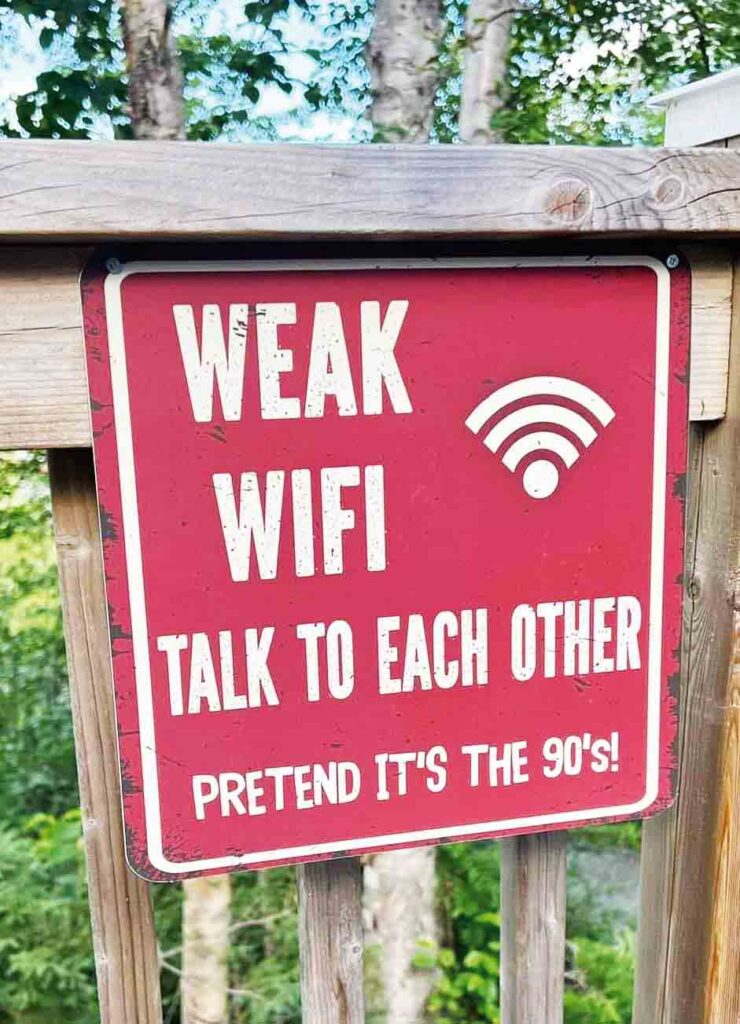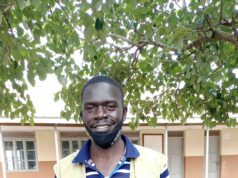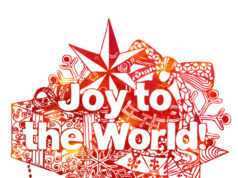By Rosemary Adong
Surfing through the internet recently, I stumbled upon two articles by American author and public speaker, Geoffrey Moore.
In one article, Moore states that: “The actions we take now will be the beginning of a new future and the culmination of our past.
“If we do not engage thoughtfully with our heritage, it will shape our future in ways we fail to grasp.”
Quoting John Brokeman’s ‘This Explains Everything’ article, Moore noted that, while in Europe, the present is perceived as the endpoint of history, in America, the present is the beginning of the future.
In respect to that, Moore says: “I love the optimism of the American people, but I am chagrined by its lack of respect for all that has gone before. Our collective impulse is to erase past mistakes without ever understanding how they came to be, to rewrite history before we have learned from it, indeed, before we have even read it.”
Today’s world
These articles drew me into deep thoughts about where we, Africans, stand. Are we acting while caring for the future? Do we engage thoughtfully with heritage? Do we still hold respect for our past?
Have we learned anything from our history? Is our present the endpoint of history, or the beginning of a new future? Shall we really be able to grasp our future?
While all these thoughts wandered about in my head, I remembered a story my friend told me about how they lost someone in their network.
On her social media, the young lady in her early 20s posted a picture of a pack of yoghurt, laced with black particles of poison under the caption: “See you the other side.”
People in her social media network responded in all sorts of manners; some asked to share the yoghurt, others praised how great she looked, others wished her a safe journey or simply said “Goodbye,” others joked about the quantity and make of the yoghurt, and only a few asked how she was doing.
This girl probably had no one she could confide in or share her troubles with and possibly find a solution. She later drank the poisoned yoghurt and died.
Historically, in most African societies, especially here in Uganda, every child was raised under the close watch of a confidant who would be either an aunt (for females) or uncle (for males), and the social support and protection of the extended family and community.
More so, it was the responsibility of every brother or cousin to guard and protect their sisters or younger brothers.
Under such systems, every social or emotional problem that arose was easily addressed because the child or young adult would easily reach out to their confidant and share their issues.
The two of them would then think together and find a solution to the problem under strict confidentiality unless the solution lay with the elders, parents or community leaders.
But in the face of globalisation and fast-changing society, most African societies seem to be losing such values so fast.
Families have become nuclear, with many children growing up without knowing some of their immediate relatives.
The strong social bonds inculcated by the olden-day systems are now broken.
With the continuously difficult economic situations, individuals now care more about themselves and not those in their circles.

Our children no longer have time to visit their uncles and aunts because they go to school very early and return home late, with homework to complete before they go to bed.
They have holiday packages to attend to and cartoons to watch during holidays.
In many modern families, when a visitor comes, parents have to force their children to greet them; most times dragging the child from their favourite cartoon programme or video game.
The children either greet the visitor while wearing gloomy faces because they feel inconvenienced, or sometimes extend their hands towards the visitor while their eyes are in another direction; glued to the television screen.
This is a clear show of lack of interest in engaging with the visitor. Among adults, it is very rare that a brother or sister will visit another at their home.
For those married, some of their partners are not welcoming to visitors.
Dilemma
As such, we are trapped in a circle of work colleagues, WhatsApp groups, Facebook friends and X, TikTok or Instagram followers that give us false sense of companionship, yet these are networks many of us avoid sharing our personal problems with.
And even when one shares, no matter how serious the issue is, chances are high they will be met with jokes, mockery and wrong advice.
It is no wonder that suicide cases and violent murder of partners, children, among others, is rapidly increasing today.
What to do
With such absurdity in place already, it is high time Africans did some soul searching and returned to the basics where we can reflect on our past, look at our present, and design our future in a manner that suits us.
At individual level, let us embrace physical visits to people we care about, unless distance does not allow.
Let us listen to and hold deeper conversations with our loved ones to establish their troubles and possibly help them derive solutions.
Where the person is so far away, give those phone calls and hold that long conversation.
This simple act can save a life, restore hope and shape the future. Let us be our brothers’ keepers.
The writer is social worker and community development specialist.
Contact: +256 788567096






















